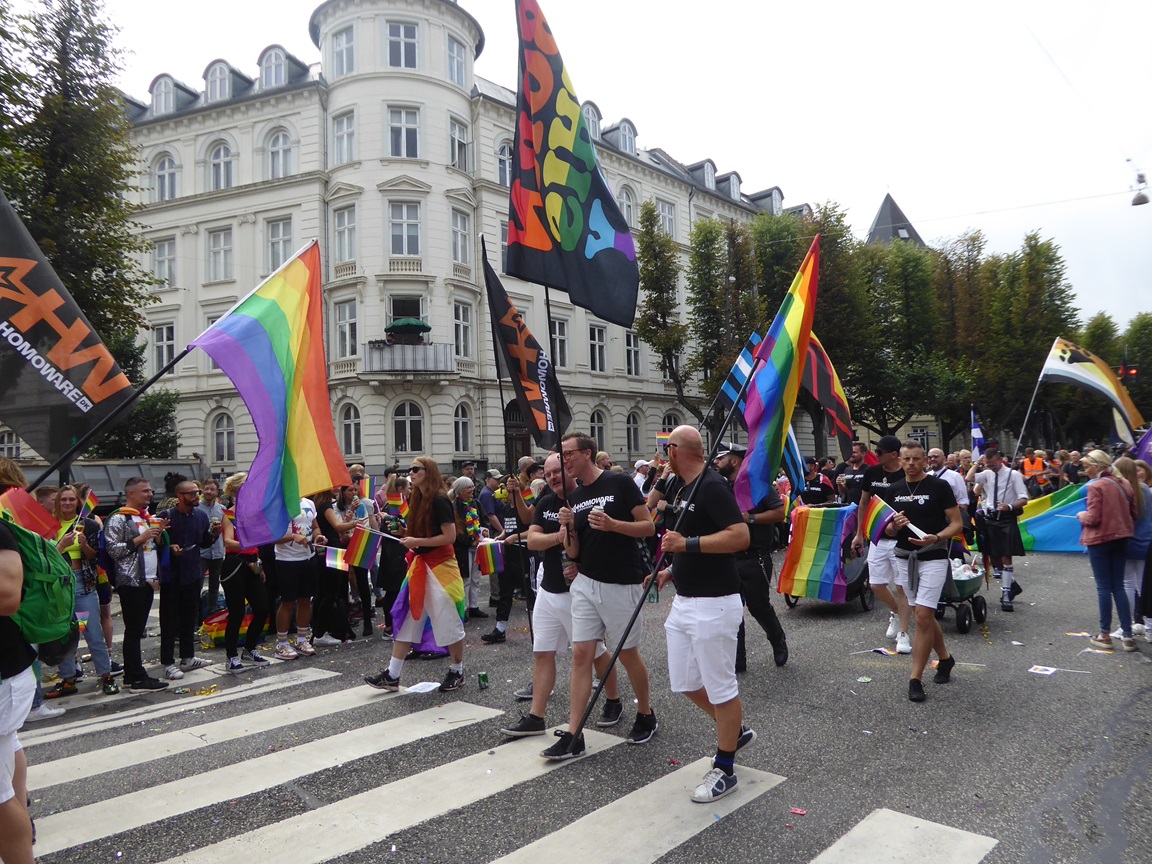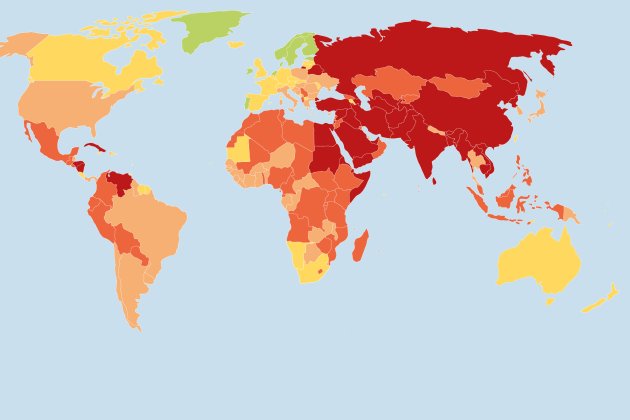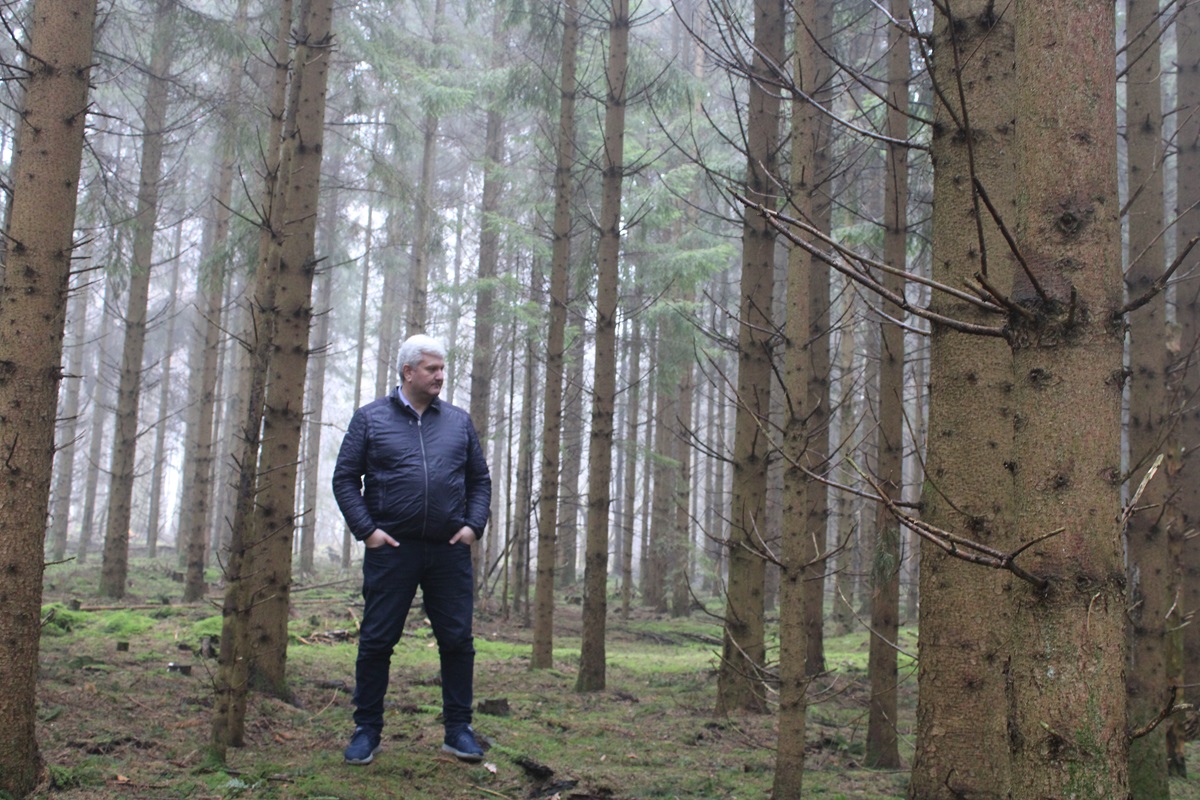A report from the public health institute Statens Institut for Folkesundhed (SIF) has revealed how many of us eat fast food on a regular basis, and there are great disparities, depending on region and gender.
In North Jutland, 14.7 percent of people eat fast food at least once per week. The proportion consuming this much in the capital region was also high at 14.6, while across the rest of Zealand, the figure is just 11.3 percent.
There was a striking difference between the amount of fast food eaten by men and women: 19 percent of men eat it once a week or more, but just 7.7 percent of women do so.
Cause of death?
The report (available here in Danish) refers to a 2006 study’s finding that 4 percent of deaths in the country can be attributed to the consumption of too much saturated fat.
Dietician Lisette Winther told DR Nyheder that as well as such health considerations, diet also plays a part in daily functioning. “You become lethargic and less robust when the body doesn’t get the nutrients and vitamins it needs,” she said.
“But some also only eat two or three times a day because they are busy. That’s not healthy either because when you eat you eat such big portions since you’ve not eaten enough over the course of the day.”
SIF makes the assessment that “overall there has been a positive development in Danes’ average diet”, citing a reduction in fat content and an increase in the consumption of fruit, vegetables and fish.
On the other hand, it warns “there has been a negative development in the form of an increase in the consumption of full-fat cheese, sugar and sweets and a drop off of potatoes in the diet”.















